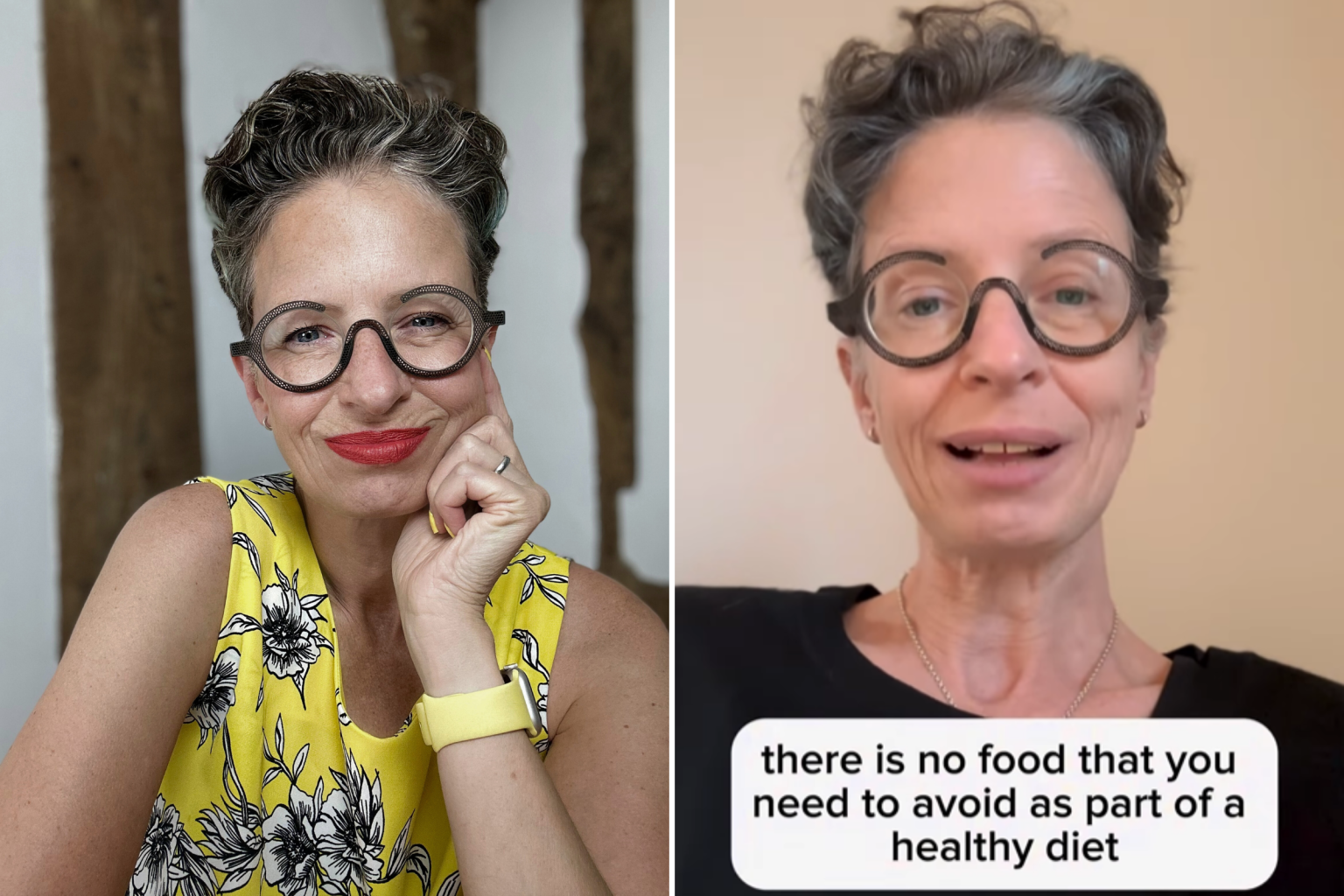Dr. Liz O’Riordan, a 50-year-old surgeon and three-time cancer survivor, offers a refreshing perspective on diet and cancer, challenging pervasive misinformation and advocating for a balanced approach. Having endured breast cancer, a mastectomy, chemotherapy, and radiotherapy, Dr. O’Riordan’s experience provides a unique and credible platform for addressing the anxieties surrounding cancer and diet. Her core message is simple: there is no magic cancer diet. While she personally avoids grapefruit due to its interaction with her medication, she emphasizes that no specific food should be universally avoided by cancer patients unless advised by their oncologist. She highlights the danger of restrictive diets and unfounded claims about miracle cures, urging patients to focus on a balanced diet and heed the advice of their medical professionals.
Dr. O’Riordan’s journey began with a breast cancer diagnosis in 2014, followed by two recurrences. Throughout her treatment, she encountered a barrage of online misinformation promising cancer prevention or cures through restrictive diets, veganism, or the carnivore diet. Appalled by these unfounded claims, she took to social media to debunk these myths and provide evidence-based information. Through her Instagram and TikTok accounts, she offers a balanced perspective, emphasizing that while a healthy diet is important, it’s not the sole determinant of cancer outcomes. She stresses that if a magical diet existed, oncologists would be the first to recommend it.
Her approach challenges the pervasive belief in a “cancer diet,” which often leads patients to adopt extreme and potentially harmful dietary restrictions. Dr. O’Riordan emphasizes that every individual’s metabolism is different and that generalizing dietary advice can be counterproductive. She advocates for a varied diet incorporating various healthy foods, aligning with the National Cancer Institute’s recommendations. She clarifies that while complementary and alternative medicine can provide psychological comfort, they are not substitutes for conventional medical treatment. The focus, she insists, should be on a balanced diet rather than seeking miracle cures through restrictive or expensive regimes.
Dr. O’Riordan recounts her own dietary experience during chemotherapy, where she consumed primarily bland foods due to taste changes and mouth sores. Post-treatment, despite intentions to adopt a strict health food regime, she found herself craving cake, highlighting the importance of allowing oneself indulgences and not feeling guilty about enjoying food. She emphasizes that avoiding certain foods out of fear will not prevent cancer recurrence. Balance, she maintains, is key. The emphasis should be on incorporating nutritious foods like fruits, vegetables, and protein while allowing for occasional treats.
The surgeon’s message resonates with the advice provided by the Centers for Disease Control and Prevention, which encourages cancer survivors to prioritize fruits and vegetables, adapt favorite recipes to incorporate healthier ingredients, and treat sugary foods and alcohol as occasional indulgences. Dr. O’Riordan expresses concern about the proliferation of misinformation surrounding cancer diets and the potential harm of adopting restrictive or unbalanced approaches. She highlights the risks of nutrient deficiencies, especially protein and fiber, and the potential negative impact on treatment outcomes. She cautions against expensive and unproven holistic treatments, often promoted by testimonials and celebrity endorsements.
Dr. O’Riordan underscores the importance of informed decision-making, urging individuals to consult with qualified medical professionals for personalized advice. She acknowledges the positive aspects of the wellness movement, including increased attention to healthy eating and exercise, but cautions against the financial exploitation often associated with this trend. Ultimately, she encourages a pragmatic approach, emphasizing that the impact of individual food choices on cancer risk is relatively small and that a balanced, varied diet, combined with conventional medical treatment, is the most effective approach. Her message is one of empowerment, encouraging cancer patients and survivors to focus on their overall well-being without succumbing to fear-mongering and misinformation.


